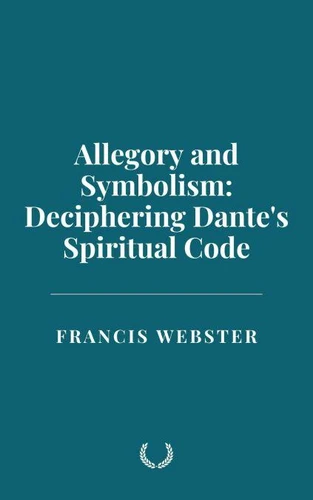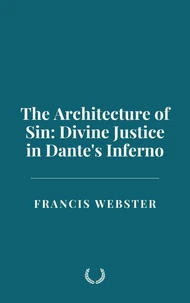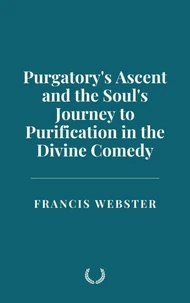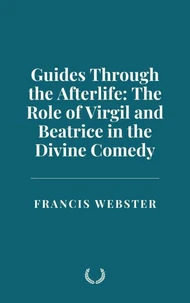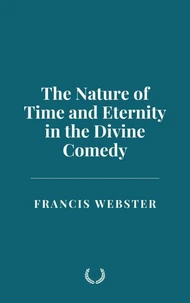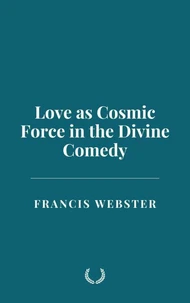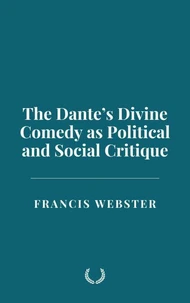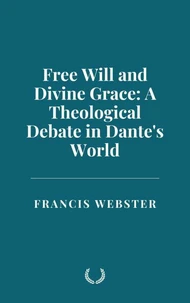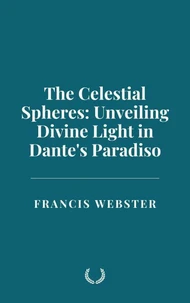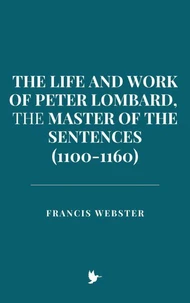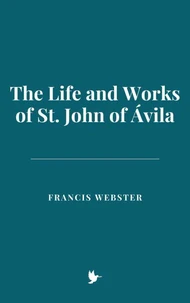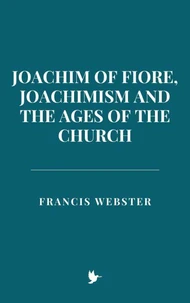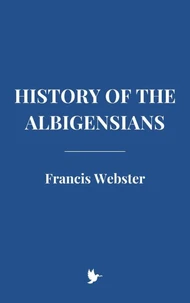Allegory and Symbolism: Deciphering Dante's Spiritual Code
Par :Formats :
Disponible dans votre compte client Decitre ou Furet du Nord dès validation de votre commande. Le format ePub est :
- Compatible avec une lecture sur My Vivlio (smartphone, tablette, ordinateur)
- Compatible avec une lecture sur liseuses Vivlio
- Pour les liseuses autres que Vivlio, vous devez utiliser le logiciel Adobe Digital Edition. Non compatible avec la lecture sur les liseuses Kindle, Remarkable et Sony
 , qui est-ce ?
, qui est-ce ?Notre partenaire de plateforme de lecture numérique où vous retrouverez l'ensemble de vos ebooks gratuitement
Pour en savoir plus sur nos ebooks, consultez notre aide en ligne ici
- FormatePub
- ISBN8230717737
- EAN9798230717737
- Date de parution08/03/2025
- Protection num.pas de protection
- Infos supplémentairesepub
- ÉditeurIndependently Published
Résumé
Dante Alighieri's Divine Comedy is not merely a cornerstone of medieval literature; it is a profound allegory of the soul's journey toward salvation, infused with intricate theological concepts, moral reflections, and a deeply personal meditation on the human condition. Written in the early 14th century, between 1308 and 1320, Dante's monumental work has come to symbolize the ultimate Christian vision of life after death, encapsulating the medieval synthesis of faith, reason, and human aspiration.
A comprehensive understanding of the Divine Comedy requires an exploration of its historical, theological, and philosophical backdrop, the intellectual currents that shaped its creation, and the enduring ideas and authors that influenced Dante's masterpiece.
A comprehensive understanding of the Divine Comedy requires an exploration of its historical, theological, and philosophical backdrop, the intellectual currents that shaped its creation, and the enduring ideas and authors that influenced Dante's masterpiece.
Dante Alighieri's Divine Comedy is not merely a cornerstone of medieval literature; it is a profound allegory of the soul's journey toward salvation, infused with intricate theological concepts, moral reflections, and a deeply personal meditation on the human condition. Written in the early 14th century, between 1308 and 1320, Dante's monumental work has come to symbolize the ultimate Christian vision of life after death, encapsulating the medieval synthesis of faith, reason, and human aspiration.
A comprehensive understanding of the Divine Comedy requires an exploration of its historical, theological, and philosophical backdrop, the intellectual currents that shaped its creation, and the enduring ideas and authors that influenced Dante's masterpiece.
A comprehensive understanding of the Divine Comedy requires an exploration of its historical, theological, and philosophical backdrop, the intellectual currents that shaped its creation, and the enduring ideas and authors that influenced Dante's masterpiece.

